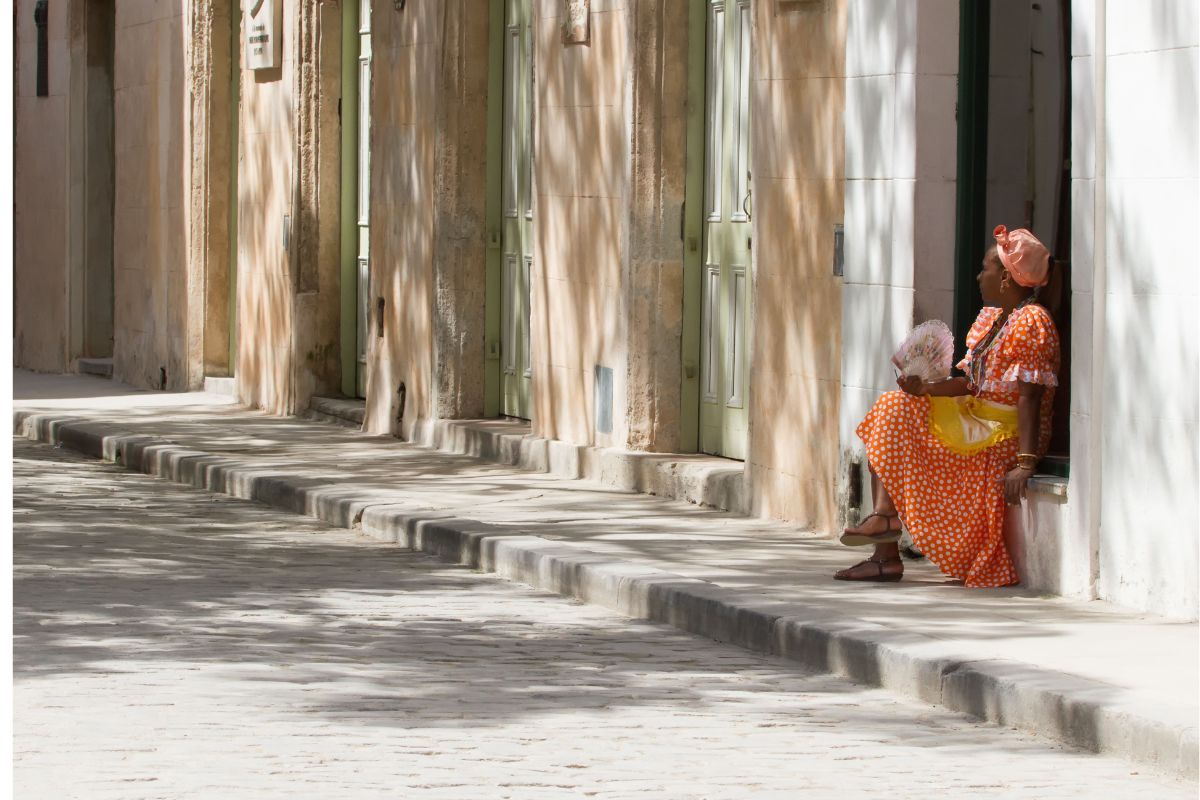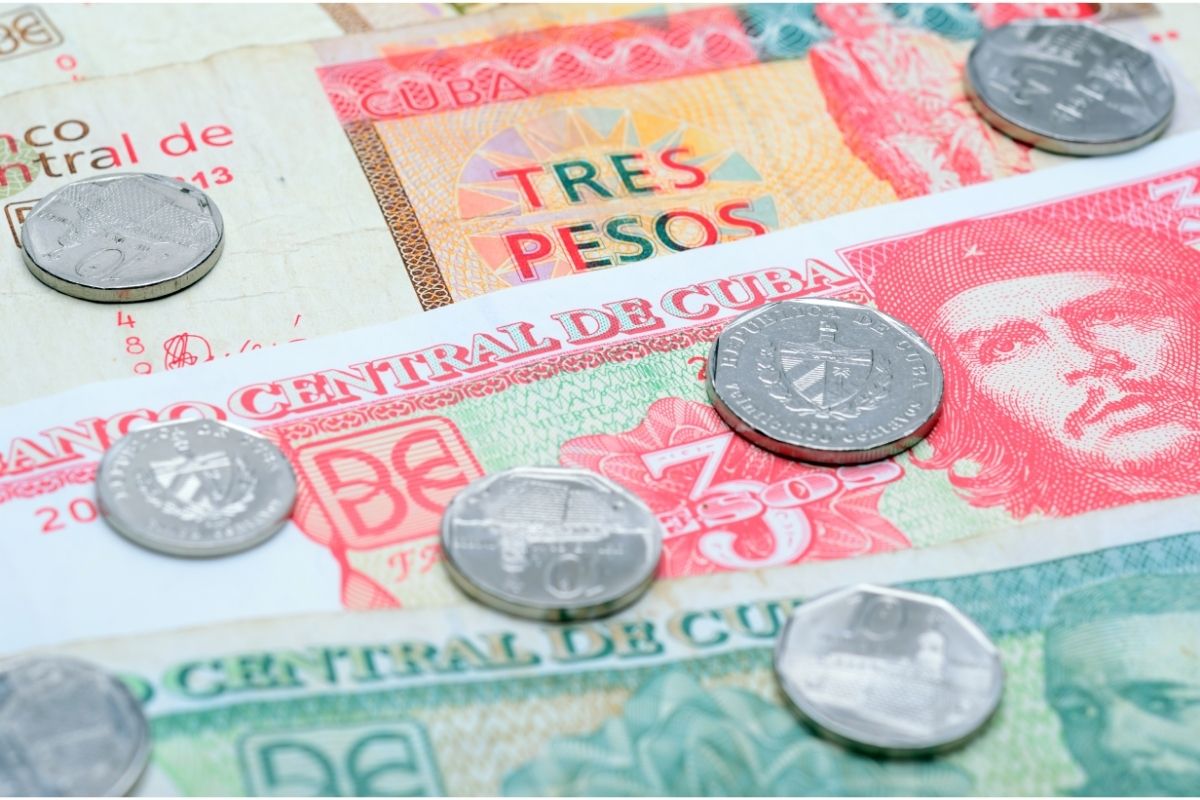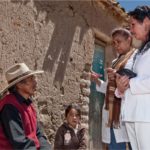Different types of healthcare systems across the world operate in many ways.
It all depends on how the government decides to use public money.

In this case, Cuba’s government put great effort into making its healthcare affordable and effective.
Many countries make their citizens pay healthcare insurance to cover any issues they may have with health in the future, but what about the health system in Cuba?
In this article, we will look review the Cuban healthcare system and how it works.
Healthcare Is A Right
In Cuba, healthcare is a fundamental right for everyone who resides on the island.
It is one of the most prioritized issues in the country in which the government is in control.
It is why they made healthcare for every individual free to lower the burden on them to pay for their treatments.
It has prevented people from making money in Cuba using health scares or private care.
Therefore, no private healthcare or private clinics are available.
All Cubans, regardless of income or social position, have access to free public healthcare and free medical clinics.
How Are They Able To Achieve This?
Cuba is not one of the highest-income places in the world and does not have all of the resources that countries have. Cuba’s main focus is keeping people healthy.
If they were to make people pay for their healthcare, they know that it would not be possible because many people living in Cuba would not be able to afford it.
The downside to the Cuban system is that the hospitals and healthcare offered to the people lack the most up-to-date equipment.
Amount Of Doctors Available
One of the most impressive aspects of the Cuban healthcare system is the number of doctors and healthcare providers trained over the past few decades to care for the community.
There are eight doctors per 1000 people in Cuba. In the US there are 2.9 doctors per 1000 people.
The Cuban system gives more people access to faster treatment.
Medical staff in Cuba have more time to treat patients. Cuban healthcare providers have less pressure and stress in their job.
Helping Others
Cuba has been exporting doctors and healthcare workers to other less developed and developing countries.
The Cuban healthcare system helps not only the Cuban population, but also the populations of other neighboring countries and countries in need of help.
Cuba sends healthcare workers around the globe including to Africa and Asia.
Cuba’s government has been doing this for a very long time, and these missions have helped many people across the globe.
Communist Country
It is also important to note that Cuba is communist. The Cuban government controls most of the resources in the country.
The 90% of the economy that the government controls is responsible for paying salaries, providing education and healthcare, and providing families with the resources they need to live.
The average salary for a doctor in Cuba is around $65 per month, which sounds like nothing but instead of having a larger salary, the government takes care of living needs for free.
The money they earn is for housing and free time.
The Cuban government receives $5000 per month for Cuban doctors working overseas.
Cuban doctors working overseas earn about $1300 per month.
Global Disasters In Health
One of the most interesting facts about Cuba’s healthcare system is that even though they are not a wealthy country, they are still early to act when it comes to helping others.
This includes the issues that occurred due to the COVID-19 pandemic.

Community Care
Community care is one of the most vital parts of why Cuban healthcare has proven effective.
This is one factor in why the Cuban life expectancy is at par with the average US life expectancy (Cuba 78.8 years / US 79.79 years).
Cuba has produced a model that benefits everyone in each community in the country.
They set up a model that included almost 500 clinics in different neighborhoods, including a doctor, nurse, and a social worker.
They work within that community to help those specific people.
Therefore, people do not need to travel to get the help they need because they have it in their small communities, which will also not stress the small clinics.
There is also another aspect of this model, which is vital.
Cuban physicians provide everyone in their community an annual health check-up to ensure they are in good health.
This preventive service helps catch health issues before they become more serious or before they require intensive medical care.
Conclusion
Overall, you can see from all of this information that the healthcare in Cuba is one of the best.
Even though they don’t have the same equipment or technology that other more developed countries have, they care about their community.
Hopefully, this guide has helped you understand more about how the Cuban healthcare system works.
Frequently Asked Questions
Where Does Cuba Rank In Healthcare?
Cuba is ranked 30th in a study looking for the healthiest countries in the world.
An international survey found that Spain was the healthiest country.
It moved Italy from its presumed top spot into second.
Considering Spain and Italy’s healthcare records, 30th place is an excellent position for Cuba.
Is Healthcare Free In Cuba?
Yes, Cuban healthcare is free. It began in 1961 when the Cuban government created the National Healthcare System (SNS).
The new system removed all privatized healthcare and expanded the public services for all residents.
All healthcare is now financed and regulated by the government, allowing all Cuban citizens access to it without charge.
How Is Healthcare Practiced In Cuba?
The Cuban healthcare system allows access to all citizens as a fundamental right.
The main goal of this system is to focus on providing free preventive care.
Cuba’s free annual health screenings are highly effective. These, along with even the most complex treatments, are free.
- What Is The Largest Island In Cuba? - September 19, 2022
- Havana – Why Is It Cuba’s Most Exciting City? - September 19, 2022
- Cheapest Time To Visit Cuba (Ultimate Guide) - September 19, 2022








